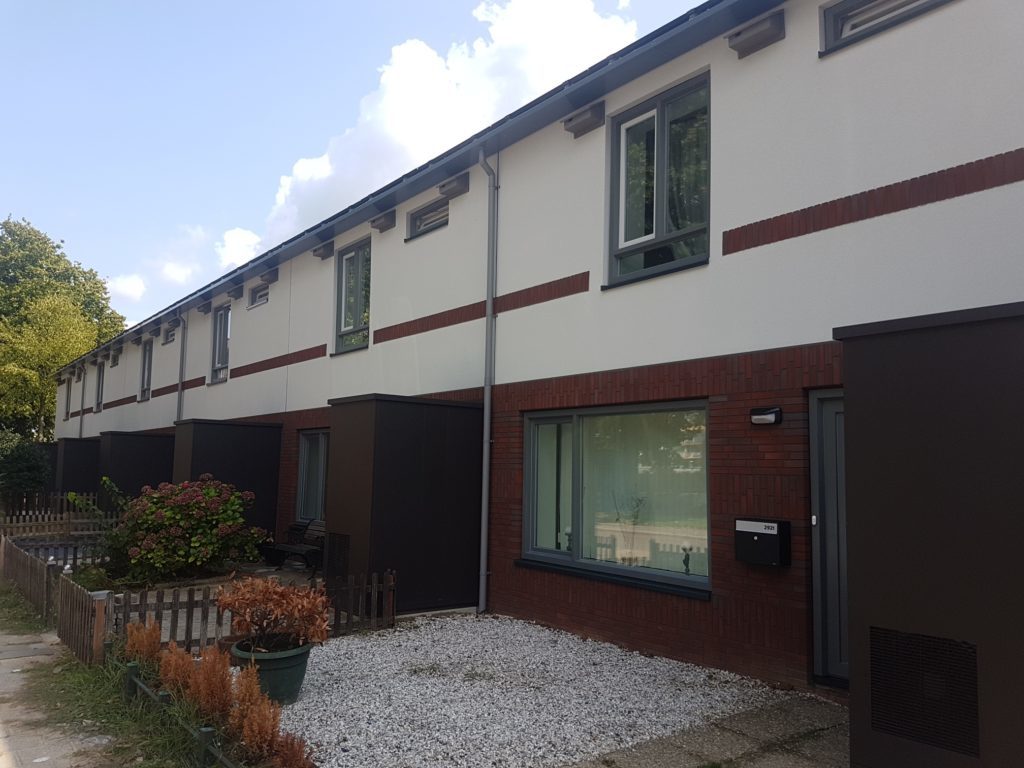
THE University of Strathclyde has announced that two of its centres are involved in a project to build factories designed to make 22 million European homes energy neutral.
Focusing on properties built between 1950 and 1985 that must become more sustainable to meet EU energy and climate targets, INDU-ZERO is a three-year scheme which aims to industrialise housing by creating a blueprint for an autonomous factory that adopts Industry 4.0 technologies and can manufacture 15,000 refurbishment kits per year.
Similar factories have been tipped to then follow the blueprint across various European countries.
Described as being placed over a house like a jacket, the refurbishment kits feature solutions such as solar panels, heat pumps and ventilation.
The University of Strathclyde’s Space Mechatronic Systems Technology Lab (SMeSTech) and Advanced Forming Research Centre (AFRC) based in its design, manufacture & engineering management department; and its Energy System Research Unit (ESRU) have joined a consortium with partners from Holland, Belgium, Germany, Sweden and Norway.
Professor Xiu Yan, director of SMeSTech lab and Indu-Zero project leader explained, “This is a very ambitious project aiming to address the real challenge faced by millions of people living in energy inefficient homes in the North Sea region. The university’s multi-disciplinary team have blended their expertise to lead key work packages within this challenging and potentially impactful project.”
The AFRC and SMeSTech will create a blueprint of an autonomous factory, utilising smart manufacturing and advanced digital manufacturing technologies, and laser scanning techniques to map out renovation packages.
ESRU will use simulations to assess the energy and comfort impacts.
Danny McMahon, senior manufacturing engineer and team lead for digital manufacturing at the AFRC added, “This is a really exciting project that could have a big impact on achieving climate targets, reducing energy costs for home owners and boosting sustainability. Manufacturing the packs needed to refurbish 22 million homes by 2050 is an enormous task, one that the current building sector cannot meet without help.”








